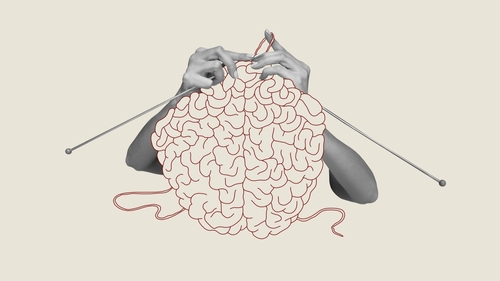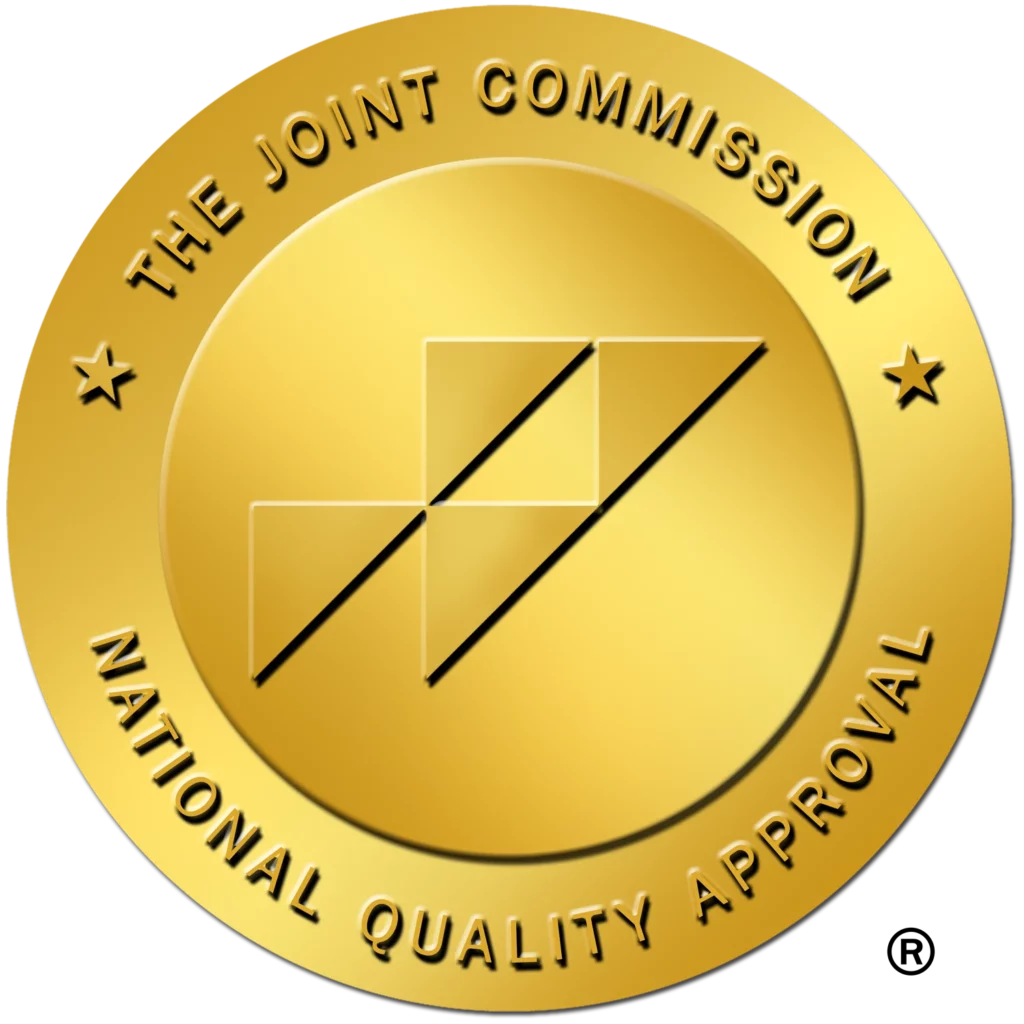New Year’s Resolutions May be Harmful to Your Mental Health… 5 Things to Do Instead
This entry was posted in Mental Health and tagged New Year, New Year 2021, New Year's resolutions, New Year's resolutions harmful to your mental health on January 01, 2021 by Justin Baksh, MS, LMHC, MCAP, Chief Clinical Officer.

When the clock struck midnight January 1, many breathed a giant sigh of relief. A challenging year finally came to a close. Buoyed by this sweet goodbye and the best of intentions, it may be tempting to make some New Year’s resolutions.
However, it may not so good for your mental health.
New Year’s Resolutions Increase Stress
Unrealistic New Year’s resolutions will only multiply the angst we feel, according to Dr. Susan Anders in a WYKC interview:
“’This has been a very hard year for people and often when we make significant or extreme behavior changes, that adds a lot of pressure and stress. That raises our cortisol level.
“’When we think too far into the future, that raises our anxiety… Instead, focus on the process goal. These are things that you can write down and do every day that you do have control over… that’s going to lead to that outcome goal. Just make sure to make your mental health a priority this year. Put that on the resolution list [as] something you can do to take care of yourself.’”(Ujek, 2020)
Dr. Anders also advises readers to make small, realistic tweaks rather than setting large-scale goals, as well as “to remain flexible and think day-to-day” in the article.
It’s similar to the way Alcoholics Anonymous advises members to take it “one day at a time.” Thinking in terms of “today only” keeps you focused on the present. Conversely, ruminating on the past or future-tripping can bring on anxiety and depression.
New Year’s Resolutions Cause Us to Focus on the “Wrong” Things
Wilmington psychologist Dr. Erika Geisler agrees with talking an alternate approach to New Year’s resolutions. In an interview with WWAY, Geisler said:
“’I am not a fan of New Year’s resolutions. I think that you are setting yourself up for failure if you think that you are never going to eat carbs again or that you are going to work out seven days a week.
“‘Instead, I think that you should have something that you focus on… something that you are intentional about. Maybe that is a word, maybe it is a concept. For example, maybe your word to focus on would be ‘adventure’ or maybe the concept is spending more undivided attention with your children… Remember, wherever we put our focus, that is what grows.'” (Gregory, 2021)
Geisler says that if we focus on good things, they will grow. Focusing on the negative, however, will lead to us only seeing the negative.
Paul Farmer, chief executive of United Kingdom mental health charity Mind, also emphasized how important focus is:
“’Resolutions which focus on issues such as the need to lose weight or job worries create a negative self-image. And if the plans fail to materialize, that could trigger feelings of failure and inadequacy. [Indeed], focusing on problems or insecurities can lead to feelings of hopelessness, low self-esteem, and even mild depression.
“;We chastise ourselves for our perceived shortcomings and set unrealistic goals to change our behavior, so it’s not surprising that when we fail to keep resolutions, we end up feeling worse than when we started.’” (Waxler, 2009)
Farmer suggests that we forgo the New Year’s resolutions in favor of thinking about the new year positively, focusing on what we can achieve.

New Year’s Resolutions Can Set You Up for Failure
A 1988 University of Scranton study found that 77% of people made New Year’s resolutions. How many stuck to them is another story: only 19%, or one out of five, actually fulfilled them within two years. (Norcross & Vangarelli, 1988)
A 2018 Statista survey found that, of the 54% making New Year’s resolutions, only a paltry four percent said they achieved all of them. (Statista Research Department, 2019)
Why is it so hard to keep those resolutions?
Typically, it’s because they are unrealistic and too broad.
Saying “I will get in shape,” for example, is nebulous and has no measurable outcome. Small goals, such as “lose five pounds” or “lift weights three times a week” are more attainable because they are concrete, seem more achievable and are probably easier to reach because of that.
In fact, New Year’s resolutions don’t typically come from a positive mental place. Focusing on what you feel may be “wrong” with your life can be detrimental – especially if you don’t fulfill those resolutions.
When most people don’t make good on those resolutions, how healthy is it to continue making them? In a way, you are setting yourself up for failure. Why let your self-esteem take the hit? It could even bring on anxiety and depression… and you certainly don’t need that.
What Should You Do Instead?
The experts above gave us a good start on what to do instead of formulating those New Year’s resolutions, starting with focusing on the good:
- Focus on what’s right. What are you grateful for? What do you have that is an advantage? Even being still alive is something to be appreciative of – each day is a new chance to make your life what you would like it to be.
- See how far you’ve come.Look back over the past year to see progress you’ve made. Reflect on your successes, and let it motivate you to keep moving in the right direction.
- Look on your own paper.Compare yourself only to yourself. You will never be anyone else but you… and that’s a good thing. How boring would it be if we were all the same? All you can really strive for is to be the best you that you can be – not like your friends, your sponsor, a celebrity or sports figure. The best you is more than enough – in fact, you, exactly the way you are is more than enough! This one can be easy to forget, particularly when looking at social media. Yet many people carefully curate their messages; no one’s life could possibly be problem-free. On your side, you know everything about your life, inside and out, so it doesn’t make sense to compare that full knowledge with the partial, skewed view you see of others’ lives as portrayed on Facebook, Instagram, Twitter, Tik Tok, et al.
- Set smaller, more attainable goals.Again, as the AA slogan says, “one day at a time.” So what can you do today toward that goal of exercising three times a week? Maybe talk a walk at lunch or after dinner. Or perhaps buy some weights to have at home, do an online workout or make a plan to go to the gym. If it’s to better your financial situation, look for side work you may be able to do or for a job with a better income. Decide to make lunch at home instead of eating out, and leave (or put) that money in the bank.
- Remember, occasional slips are part of the process.If you beat yourself up too much over a mistake, you are in danger of giving up on your goals altogether. Again, no one is perfect and trying to chase perfectionism is dangerous. Instead, think about everything you’ve done, how far you’ve come, and pick yourself up and keep going in the right direction.
Above all, remember that baby steps still get you to where you need to be. Trying to do too much, too soon, on the other hand, can backfire and overwhelm.
You’ve been through a lot in 2020. Be kind to yourself as we embark on a brand new year.
RELATED: 5 ways to quickly calm down in moments of stress or anxiety
What is dual diagnosis and how is it treated?
PTSD: A risk factor for substance abuse
How drugs affect the brain
Sources
Gregory, D. (2021, January 01). Resolve to NOT make a New Year’s resolution. Retrieved January 01, 2021, from WWAY TV.
Norcross, J. C., & Vangarelli, D. J. (1988, January). The resolution solution: Longitudinal examination of New Year’s change attempts: Request PDF. Retrieved January 01, 2021, from ResearchGate.net.
Statista Research Department, S. (2019, January 8). Share of Americans who stuck to their 2018 New Year’s resolutions Published by Statista Research Department, Jan 8, 2019 How many of the New Year’s resolutions that you made for 2018 did you stick to? Retrieved January 1, 2021, from Statista.
Ujek, W. (2020, December 31). Should you ditch the New Year’s resolution this year? One Cleveland Clinic expert weighs in! Retrieved December 31, 2020, from WKYC.
Waxler, C. (2009, January 01). New Year’s Resolutions Bad For Your Mental Health. Retrieved January 01, 2021, from Business Insider.










